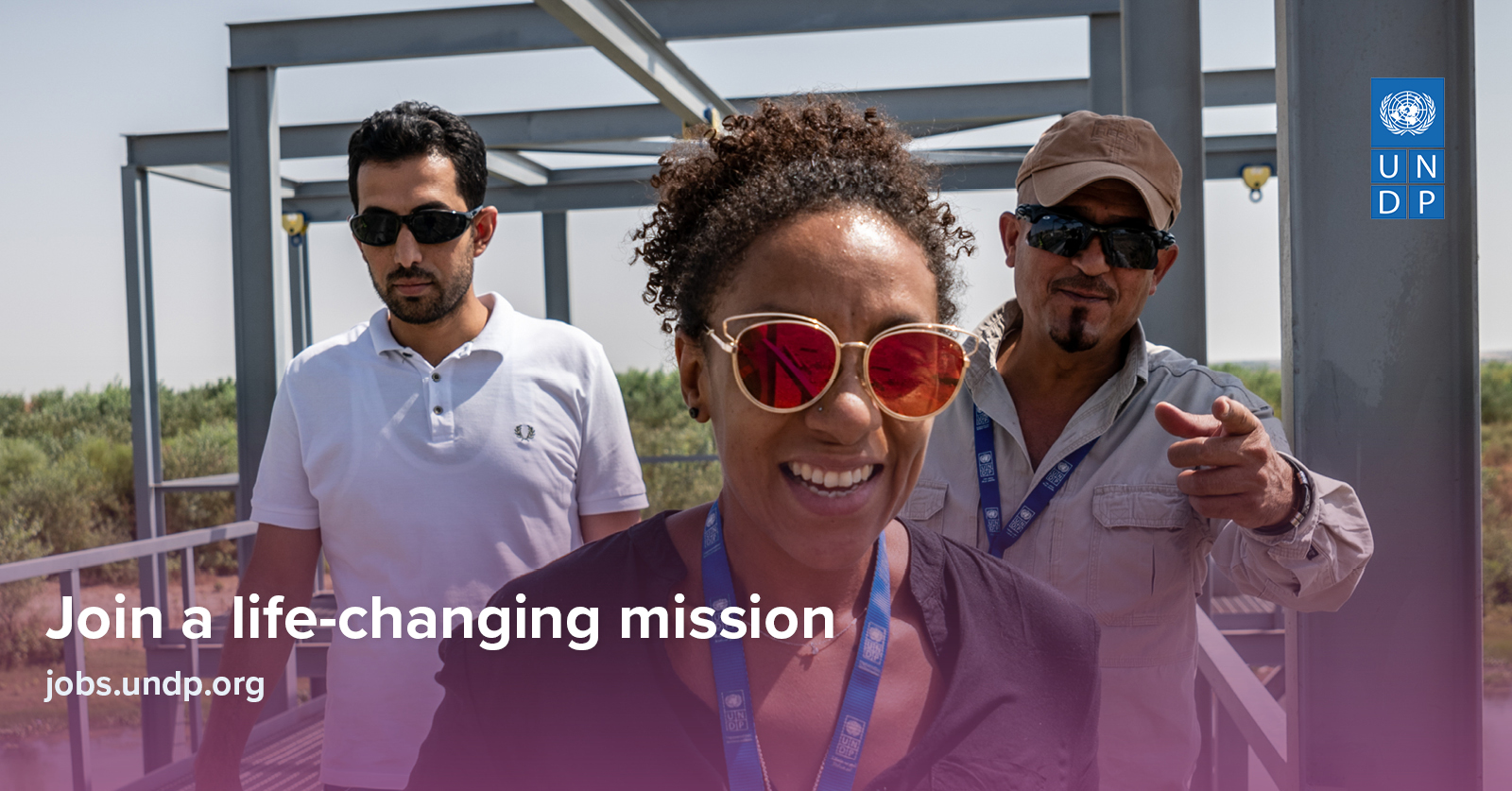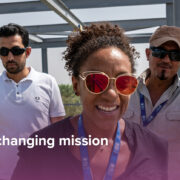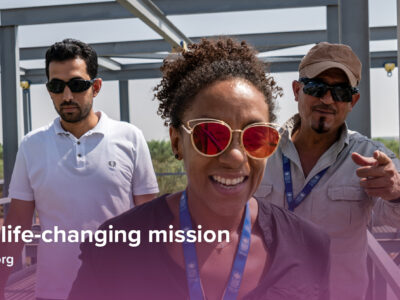
The Republic of South Sudan (RSS) gained independence in 2011 to become the 55th country on the African continent. However significant civil, political, socio-economic and environmental challenges have substantially curtailed or reversed the health and develop gains that were anticipated since that time. As a result, over a decade later, the country struggles to move out of deeply entrenched fragility and instability leaving much of the population struggling to obtain or sustain the basic necessities of survival. While the signing of a peace agreement in 2018, and subsequent progress on governance reform, recovery and peace-building, has begun to move the country forward, a serious humanitarian crisis continues to affected more than half of the countries population of approximately 13 million. Some 8.3 million people are in immediate need of humanitarian assistance. Data on population health are neither comprehensive nor current. On many core indicators, such as maternal and child health, the country remains amongst the lowest performing nations continentally and globally.
Progress to Address HIV
HIV prevalence is modelled in South Sudan as there are no recent population level data. The adult (15-49 years) HIV prevalence is estimated to be 2.1%, 1.6% for males and 2.5% for females. The epidemic is continuing to expand with an estimated 17,000 new infections in 2021 along with 8,000 AIDS-related deaths. The country continues to make progress regarding its 95-95-95 commitments but remains at some distance from achieving these goals by 2030. By December 21, 35% of PLHIV knew their HIV status and 27% of all PLHIV were on ART (77% of PLHIV who knew their status). Viral load coverage remained low but of the 40% of PLHIV on ART that received a viral load test, 84% had achieved viral suppression. Coverage of PMTCT and paediatric HIV interventions, although increasing, is well below what is minimally required to achieve durable public health benefits to address or prevent vertical transmission of HIV. Progress for other aspects of the national, multi-sectoral HIV response was minimal, largely due to the absence of sufficient investment from either external or domestic sources in primary prevention programming and for social enablers, including reduction of HIV-related stigma and discrimination. The HIV response remains guided by the Revised National HIV and AIDS Strategic Plan 2021-2023 and a National HIV and AIDS Monitoring and Evaluation Framework 2018-2023.
Funding for HIV and TB Programmes
Financing for the HIV and TB programmes is almost exclusively dependent on external sources. For HIV, in the year 2021, approximately 40% of the overall annual programme budget of US$79 million was contributed through the Global Fund to Fight AIDS (the Global Fund), Tuberculosis and Malaria and 60% was contributed by the United States President’s Emergency Plan for AIDS Relief. However, specifically for HIV-related commodities, 98% of funds was contributed by the Global Fund. The TB programme remains almost exclusively dependent on the Global Fund receiving approximately US$5 million in the 2021 programme year. The Ministry of Health contributes minimally to the national HIV and TB responses through the periodic payment of health worker salaries and the provision of some infrastructure for the delivery of HIV and TB services in communities.
Requirement to Conduct Programme Reviews and Update Strategic Plans
As a component of eligibility for Global Fund grants, South Sudan is required to conduct regular reviews of its HIV and TB programmes and to main up-to-date and costed national strategic plans for these health challenges. South Sudan is anticipating submitting new requests to the Global Fund in the first quarter of 2022 for support for its HIV and TB programmes.
The country’s HIV and TB programmes were last reviewed in 2019 in preparation for the 2021-2023 funding cycle. The revised National HIV and AIDS Strategic Plan 2021-2023, adopted in 2020, has not be reviewed, nor has the National TB Strategic Plan 2020-2024, also adopted in 2020. It is timely to commence such work to ensure that all reviews and revisions are completed in time for the next funding cycle.
Coordinated Approach
To undertake the review, the MOH and its partners have proposed a coordinated approach, particularly given the close linkages between the HIV and TB programmes in the country context. The approach will involve the engagement of one international public health expert to design and lead the reviews. Additional national (HIV and TB) and international (TB only) consultants will be engaged to support the reviews. The MOH will provide leadership and oversight through the review process. The reviews will be supported by UNDP as the Principal Recipient for the HIV and TB grants in South Sudan. UNDP will also draw on its global technical resources and partnerships to ensure high quality outcomes for the HIV and TB programmes in South Sudan










Comments